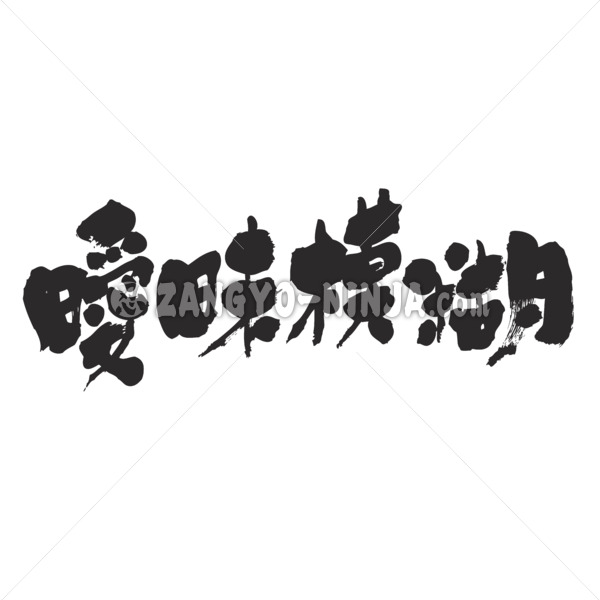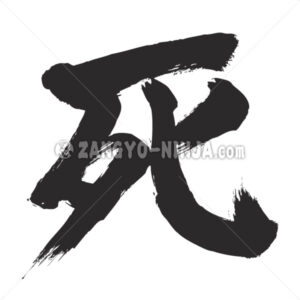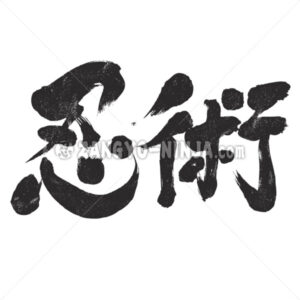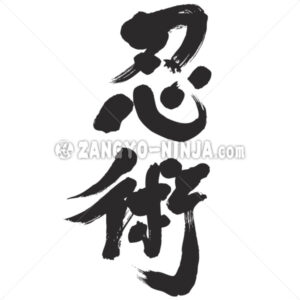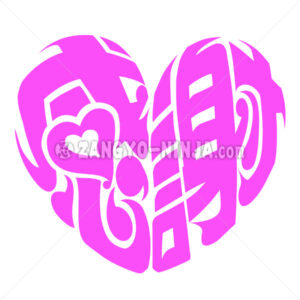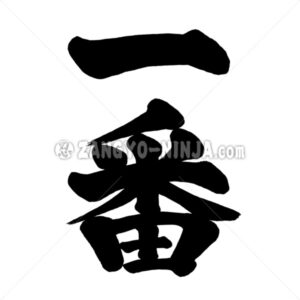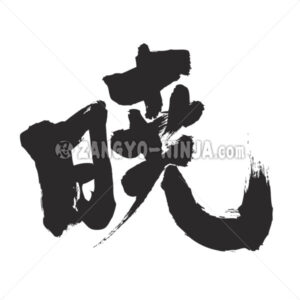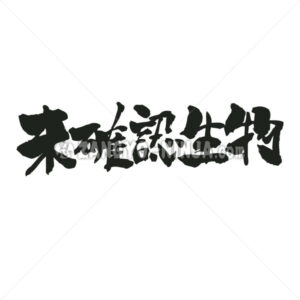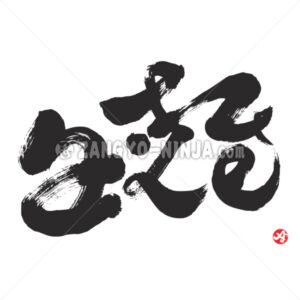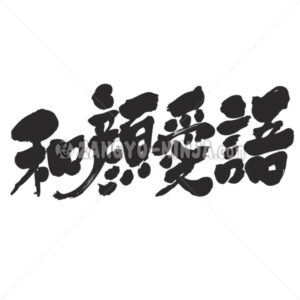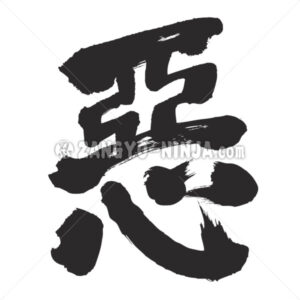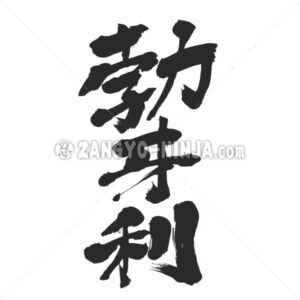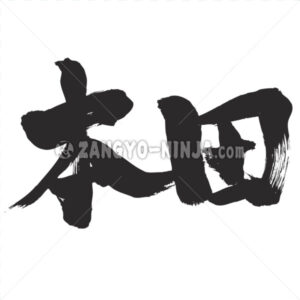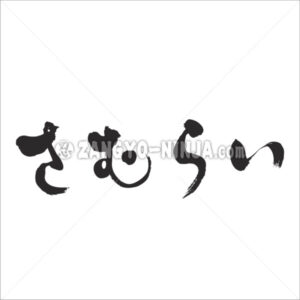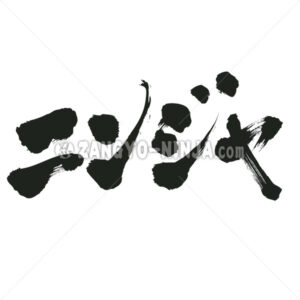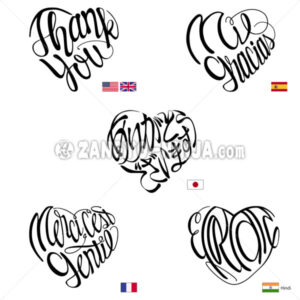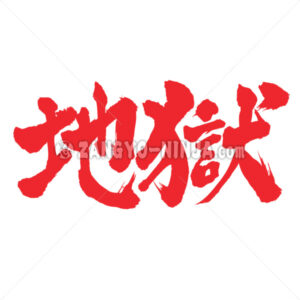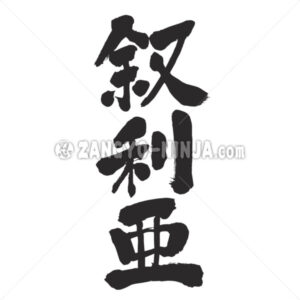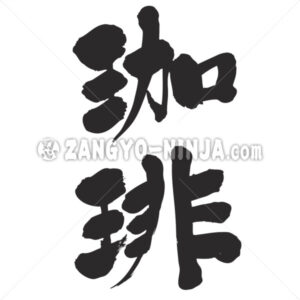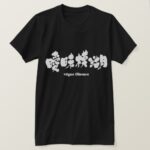Description for “obscure in Kanji”
It’s a word used when you’re in an ambiguous state and you’re not sure what you mean. For example, it is used when you are not sure whether a romance is about to start or whether you are just getting along as friends.
Japanese said “Aimai-moko” as four characters idiom.
This is a combination of two idioms, “Aimai” and “Moko”. “Aimai” has the meaning of “things are uncertain”, and “Moko” also has the meaning of “vague and unclear”. In other words, by combining words with the same meaning, it is a word that further emphasizes the ambiguous state, the state of being unclear.
This is a combination of two idioms, “Aimai” and “Moko”. “Aimai” has the meaning of “things are uncertain”, and “Moko” also has the meaning of “vague and unclear”. In other words, by combining words with the same meaning, it is a word that further emphasizes the ambiguous state, the state of being unclear.
Etymology/Origin
It is said that the origin of “Aimai-moko” is China. Since there is a word “Aimai-moko” in Chinese Kanji, it is thought that this word came into Japan along with Buddhism and kanji.
In Buddhism, there is a unit called “mo-nori” in the expression of time.


